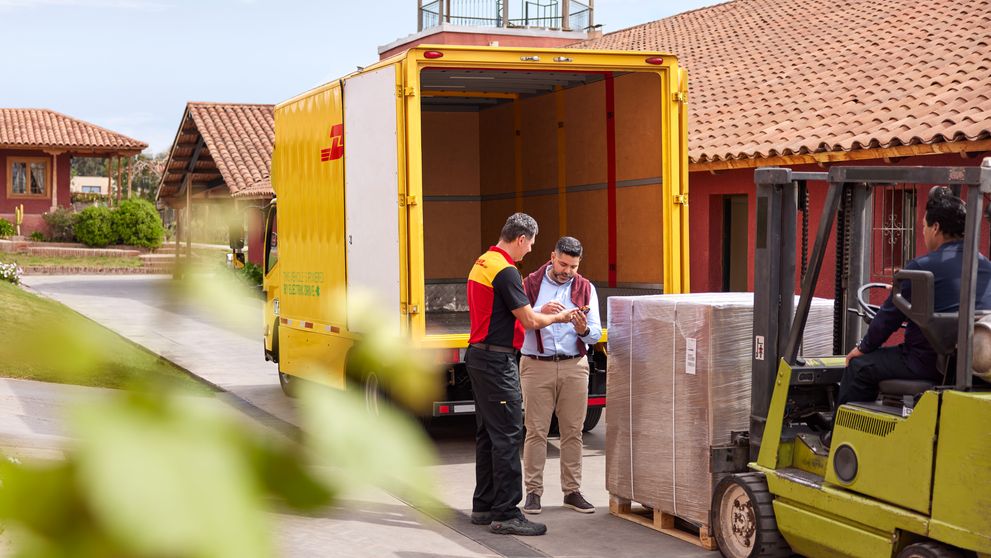Navigating the complexities of international shipping involves understanding the multifaceted world of customs duty and taxes. For Pakistani businesses looking to extend their market reach beyond national borders, a comprehensive grasp of these financial obligations is crucial. This article aims to shed light on the intricacies of customs duty, its clearance process, and the pivotal role of customs tariffs, import duties, and various calculators and estimators in smoothing the path for exporters from Pakistan.
What is customs duty?
Customs duty is essentially a tax levied on imports (and sometimes exports) by customs authorities of a country to generate revenue and protect domestic industries. The rate of customs duty, which may vary depending on the nature of the goods and their country of origin, significantly affects the total cost of importing goods. For Pakistani exporters, efficiently navigating through the customs duty clearance process is key to ensuring their goods reach international markets without unnecessary delays or expenses. Integral to this understanding is the Harmonized System (HS) code of products, which determines the applicable tariff rates for different categories of goods.
How are duties and taxes calculated?
Understanding the import duty and taxes applicable in destination countries is crucial for Pakistani exporters. Tools like import fee calculators, customs duty estimators, and import tax calculators are invaluable for accurately determining these costs. Here are the key components typically involved in calculating these charges:
- Customs duty: A percentage of the value of the imported goods, varying by product and country.
- Value-Added Tax (VAT)/Goods and Services Tax (GST): A tax applied in many countries on imports, calculated as a percentage of the total value of imported goods, including customs duty and other taxes.
- Excise duty: Applicable to specific goods such as tobacco or alcohol, based on quantity or value.
- Additional charges: May include processing fees or other levies specific to certain types of goods or certain countries.
- De minimis value: Many countries have a de minimis value, below which no customs duties or taxes are levied on imported goods. This threshold varies significantly from country to country and can influence decisions on how to price and ship goods internationally.
Major Pakistani export destinations and applicable rates
Pakistan's major trading partners, including the United States (US$6.47 billion), Germany (US$2.80 billion), China (US$2.79 billion), the United Arab Emirates (US$2.58 billion), and the United Kingdom (US$2.41 billion), as per data by the Observatory of Economic Complexity (OEC), each have their own set of customs duty rates and import taxes that significantly influence the cost of doing business and the pricing strategies for Pakistani exporters. Understanding these rates is crucial for businesses aiming to export goods to these countries efficiently and cost-effectively.
- United States (US): Pakistani exporters must navigate a complex tariff structure that varies widely across product categories. For example, textile products can face customs duties ranging from 0-32%, depending on the specific item and material. To successfully enter the US market, exporters should use the Harmonized Tariff Schedule (HTS) to determine the exact duties their products will face. Additionally, understanding the implications of trade agreements and potential tariff exemptions can significantly affect pricing and competitiveness.
- Germany: The GSP+ scheme offers Pakistani products preferential access to EU markets, reducing tariffs for over 66% of tariff lines. Key exports like textiles and leather goods benefit significantly, with tariffs being reduced to 0% for eligible products. Pakistani exporters must comply with 27 international conventions on human rights, labour rights, environmental protection, and good governance to maintain GSP+ status, affecting strategic decisions on compliance and market positioning.
- China: Under the China-Pakistan Free Trade Agreement, more than 6,800 Pakistani goods can enter China with zero tariffs, offering a significant competitive edge. However, the exact benefits depend on the product classification. For instance, agricultural products and textiles have seen a considerable increase in exports to China due to reduced tariffs. Pakistani businesses should closely analyse the list of products under this agreement and match their export portfolio accordingly to maximise benefits.
- United Arab Emirates (UAE): The UAE imposes a general customs duty of 5% on most imported goods, making it essential for Pakistani exporters to factor this into their pricing strategy. However, specific products like electronics and certain food items can attract different rates or exemptions. Understanding the UAE's customs regulations and leveraging free trade zones can offer tax advantages and streamline the export process.
- United Kingdom (UK): With the UK Global Tariff (UKGT) coming into effect post-Brexit, Pakistani exporters face new tariff rates. The UKGT has simplified over 6,000 tariff lines, and many products exported from Pakistan are eligible for duty-free access under the GSP+ scheme. For example, leather goods, textiles, and agricultural products can enter the UK market at reduced or zero tariffs, making it crucial for exporters to verify their product eligibility under the UKGT and GSP+.
Utilising customs duty calculators and other tools
Online tools and resources, such as the Trade Tariff service provided by governments and customs duty calculators, can significantly aid businesses in estimating the costs associated with exporting goods to different countries. These tools typically require inputs like the HS code, the value of goods, shipping costs, and insurance to calculate an estimate of the duties and taxes that will be applicable.
DHL Express has further simplified international shipping with My Global Trade Services (MyGTS), an intuitive, all-in-one portal that assists in navigating all international shipping regulations seamlessly. By logging in with an existing DHL Express Business Account or registering a new MyGTS account, exporters can access:
- Pre-shipment planner: This tool ensures compliance with import/export regulations and assists in calculating the total Landed Cost.
- Accurate Harmonized System Codes: Leveraging AI to accurately classify shipments, which expedites customs clearance.
- Landed Cost calculator: Calculates the complete cost of your products in any destination, including duties, taxes, and shipping charges, enhancing pricing strategies and fostering customer trust through transparency.
- Guidance on import and export requirements: Offers detailed information on the regulatory requirements for each country, preventing delays at borders.
- Essential documents: Provides all required documents for a smooth customs clearance process.
- Product catalogue feature: Allows for the storage of past searches, product details, and tariff codes to simplify future shipments.
This integration of MyGTS into your business operations can streamline the process of exporting goods internationally, helping you manage regulations and costs more effectively.
























